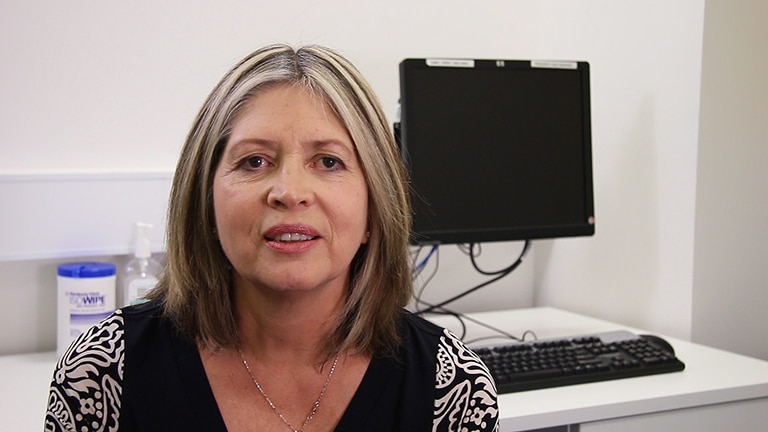
Spyware employed by counter-terrorism experts is helping to find genetic answers for kids with undiagnosed intellectual disabilities.

James Bond-style spyware employed by police and counter-terrorism agencies is now helping to find genetic answers for kids with undiagnosed intellectual disabilities.
Clinicians investigating rare genetic disorders currently take photographs of children’s faces and manually share them at international conferences in the hope of finding a second child with similar distinguishing features.
But given there are over 7000 rare diseases, and many more unknown, it is a huge task with a success rate of just 25%. Most families endure what’s described as a diagnosis odyssey, with prognosis and treatment options clouded by uncertainty.
Now, Hunter Genetics senior consultant Dr Tracy Dudding-Byth is using state-of-the-art facial recognition software developed in Queensland to match faces of non-identical children within the same syndrome sub-group.
“I learnt about the work of Professor Brian Lovell from the University of Queensland and conducted a pilot study using his face-matching algorithm,” Dr Dudding-Byth says. “It measures various points on the face and looks at contours and lighting, picking up very subtle changes that aren’t even obvious to the human eye.”
Significantly, the computer program eliminates human error and fatigue when comparing a large number of photographs.
“By the time I get to photo 100, for example, I’ve forgotten what photo 10 looks like, but this software matches every image very quickly and very accurately,” Dr Dudding-Byth adds.
The research team from the Hunter Medical Research Institute is seeking funding to take the project to the next stage, developing a new web-based portal that allows parents and doctors around the world to upload photographs and descriptive terms.
Once a match is made, the respective DNA data for the two children is analysed, looking for common traits.
“Hopefully, down the track, it will lead to more targeted gene therapy,” Dr Dudding-Byth says.
“When people take their child to a doctor, they expect a diagnosis and a treatment. But most of these families don’t even get a diagnosis. Parents want to know if there’s anything special they can do to improve their child’s quality of life, or whether a second child be affected.
“We’re hoping this project can help crack the genetic code and help us discover new genes to better understand the basis of intellectual disability.”
To support this project, please email rebekah.wilson@hmri.org.au.
* Dr Tracy Dudding-Byth is a Senior Consultant Clinical Geneticist with Hunter Genetics and chief investigator with the University of Newcastle Grow-up-well Priority Research Centre, researching in conjunction with HMRI’s Information Based Medicine program.
HMRI would like to acknowledge the Traditional Custodians of the land on which we work and live, the Awabakal and Worimi peoples, and pay our respects to Elders past and present. We recognise and respect their cultural heritage and beliefs and their continued connection to their land.
Hunter Medical Research Institute
We’re taking healthy further.
Locked Bag 1000
New Lambton
NSW, Australia, 2305


This site is protected by reCAPTCHA and the Google Privacy Policy and Terms of Service apply.
Copyright © 2024 Hunter Medical Research Institute | ABN: 27 081 436 919
Site by Marlin Communications
